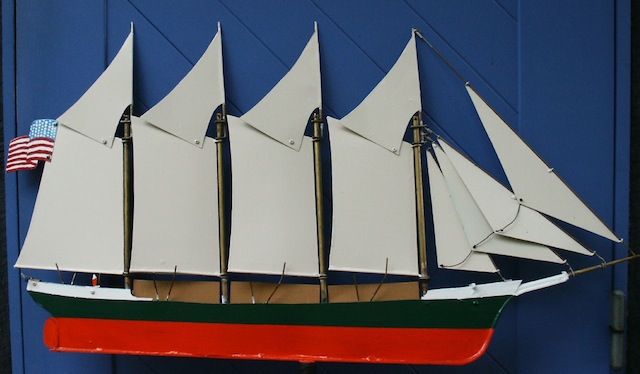To ride to a single anchor means to have it easy; to swallow the anchor is to give up seafaring and settle ashore. An anchor to windward (sometimes sheet-anchor or kedge-anchor) is the same as a nest egg, something to fall back upon.
In coastal dialect, to go ashore with both anchors on the bows describes a inexcusable lack of competence."Bring your backside to an anchor" is a hearty, though vulgar invitation to take a seat.
In addition to its obvious meanings, this word also means, in coastal speech, to place a weight upon something likely to blow away, or to fasten something firmly at the base. "Be sure you anchor that picnic cloth good and solid."
From: Sea Language Comes Ashore by Joanna Carver Colcord. Cornell Maritime Press, N. Y. 1945.
More information on Capt. Vancouver's exploration and lost anchor click here






It's beautiful! Beauty out of the ashes...
ReplyDelete